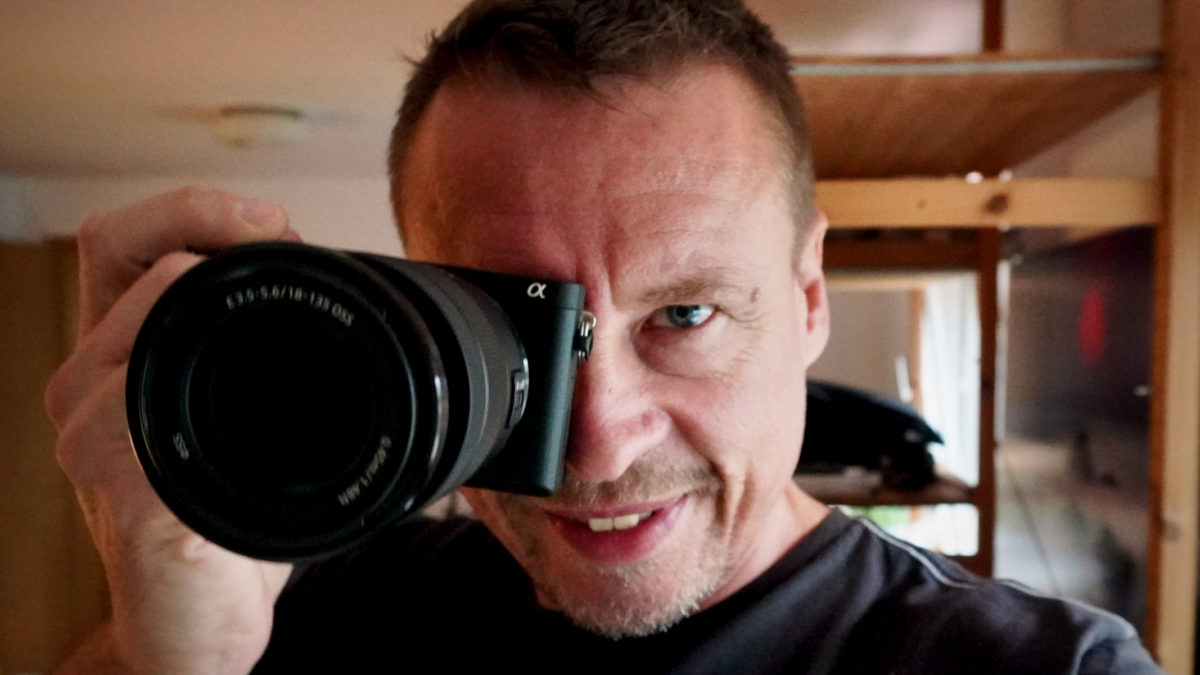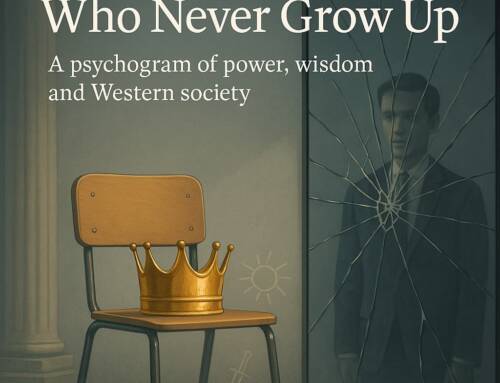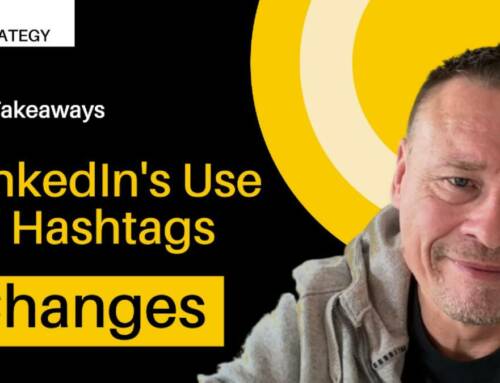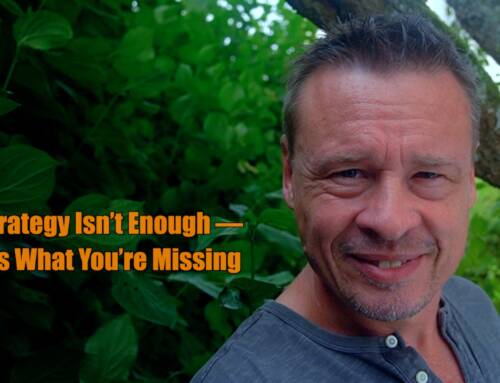“You’ve been recommended to us. What do you suggest you’d do for us?”
This is the type of question we often get from prospective clients. I want to pick an example to show how I respond — rather than theorizing about it. Typically the email exchange, or conversation, goes something like this:
Dear Pascal
A while ago a colleague of ours recommended your services in terms of communication strategy, public relations, reputation and social media management.
I am currently leading a project on the NN value chain in Country X and would like to understand in detail what support services you could offer.
Our project background:
The cultivation of the agriculture product Y in our country is linked to an ecological disaster in the area. In addition, we’re facing difficulties due to bad labor practices that had been going for years. Therefore the produce from Country X has a bad reputation.
We promote sustainable cultivation, good working conditions in the processing industry and are currently developing an export promotion initiative.
What we need:
- As we expect tight observation of our operations and possible substantial criticism of each of our steps, we need to be well prepared on how to communicate under these circumstances.
- We want to communicate the positive outcomes of our work and place the results effectively and efficiently.
- We want to improve the reputation of produce Y from Country X.
Please let us know if you are the right person to support us with this and in case you already have experience with this or ideas on how we could set up specific activity, please send them along to us as food for thought.
If you’re interested and available, I’d then suggest a date for a call as soon as possible.
Many thanks in advance and best regards,
Did this reflect some of the communications needs of your project?
From experience, we gather that development projects often wish to
- Demonstrate how well their project is doing
- Get support on how to do deal with criticism without giving the impression of being overly defensive or resorting to complete non-responsiveness
- Know more about which of the many communications tools to choose and how to actually use them
A typical response of mine looks something like this:
Dear NN
Thank you very much for your inquiry and the confidence you have placed in us.
To your question about the range of services we offer:
In principle, we can do anything you might have in mind. The only thing we really don’t do is to start on comms activity that makes no sense at all. :)
Basically, one should always discuss the strategy first. With that I mean who you want to target and for what purpose? Is it necessarily direct targeting or have you ever considered reaching out indirectly?
In any event, the purpose should ideally be more than just awareness-raising — though it’s clearly common in development communications to just go for awareness.
Why? Let me give you an example. When a company spends money on informing a customer, it will only do so if the increased knowledge on the side of the recipient results in a purchase or some other way of spending money. That is the so-called conversion that you want. Even branding and reputation building must “pay off” in some way or the other.
This consideration is difficult in our field. Nevertheless, it is an important guideline. We also need some kind of a conversion, maybe a tangible change of a behaviour that is critical to some aspect. So ideally, one should at least outline when one will consider communications action to have been successful.
On the eco-catastrophe and adversity: Wasn’t there a good article in ABC magazine? I’d like to take up this one in concrete terms. I think it also describes a WB project that has been described as successful. Maybe we could start there with media work. We could ask the author of this article how it was received, who the responsible person for it had been and why the editors decided on running the story in the first place. (Research)
In addition to research, a kind of market, competitor or media monitoring would also be useful, so that you can be alerted immediately when something is happening, especially if negative criticism is being mooted somewhere.
One can also identify with local staff or consultants who journalists are who are likely to be critical of the project and what motivates them. We can then get in contact with them. For example in form of a small function, an off-the-record media roundtable, maybe on another, slightly related topic. This needs to be warmed up slowly.
A local practitioner in or close to your office can also draw up a list of typical FLAK arguments – in other words, a compendium of what you can possibly expect. We can work through them one by one. What are the facts, how do I deal with them etc. The goal is to have a finished paragraph at every point. You can rehearse it a bit. Then nobody has to shrug questions off and refer to the boss in every situation, because he is the only one allowed to speak to the media. That doesn’t go down well at functions and when dealing with journalists. As we know from Watzlawick, one can not not communicate. So it sends a bad message. Besides, centralized communications is not really a feasible practice for most projects when handling social media.
Labor practices: This I recommend this to be dealt with openly and honestly, to the largest degree possible. Honesty, openness and relatability are the best things for the credibility of your project in the long run. Then I would try to connect — or decouple my own work — with the issues in a differentiated way, depending on which way you’re going. The important thing here is not just to assert, but to show.
Impact? Obviously this is the big issue with communications in development. Well, let me put it this way. Part of what is wrong about the discussion with the impact of communications in development cooperation is misguided. Impact always increases when I know exactly what I want and start working on pushing exactly this. Many projects don’t dive deep enough to find figure why they communicate. They start with the what and the why is that they want to show their work. However this why is a technical reason on their behalf, not something that reflects why your reader would want to tune in. What does he gain? Which of her problems is solved? This sort of aspect.
In terms of measuring impact, it makes sense to take pictures or video testimonials before/after — just to give one example (by the way, of course you have to take some pictures right at the beginning of your project. If you only think of it in the end, your missed this opportunity to demonstrate the positive development).
What do people want to know about you? That is your angle. So start by noting down what people want to know about you and answer them in your communication, also for others to see. So I am not talking about fake FAQs that are made up of what you want to communicate. No record what people really ask you. When you then reach out, those people will listen best when you answer their questions.
Here’s a recommendation on this direct responsiveness: Marcus Sheridan, They Ask You Answer.
I can imagine very well taking up your project in a session with students as a case for their studies. This can result in good ideas as well, swarm intelligence :) If you send me more information on your project, I can already give it a thought.
About the procedure, maybe I should drop by and get an impression. In any case, we need a good local staffer to work with.
One more sentence on strategy. I don’t believe in long strategy papers, which are actually more of a plan. Strategy thrives on a few sparkling ideas and then doing it before the powder gets wet.
I hope my response was anything what you’d expected. :)
Now, a typical response to mine:
Dear Pascal
Thank you very much for the detailed answer to our inquiry. I am also answering for my colleagues when I say that we were very pleased and would like to take your help. Especially in the area of research, we are also interested in having relevant messages for individual topics ready in order to be able to give clear answers in case of queries – the suggestions listed below sound promising!
In short, brainstorming on the exact possibilities and next steps would be useful. How about an informal phone call next week?
With kind regards,






Leave A Comment